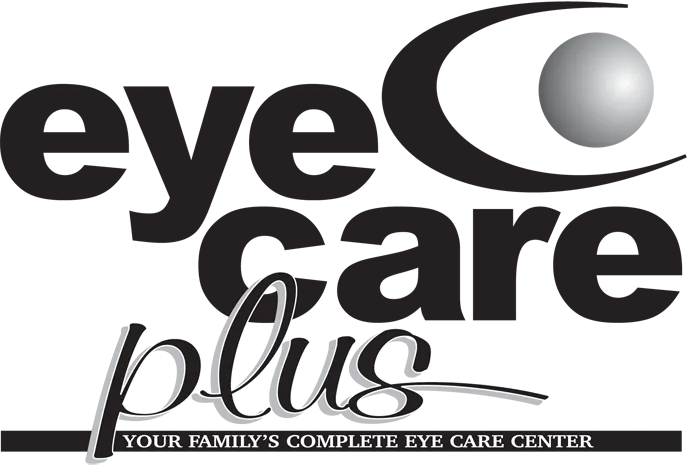
Convergence insufficiency is a relatively common eye condition that is typically diagnosed in childhood. A study of two large optometry clinics found that 17.6% of children who received vision exams had convergence insufficiency. As this disorder may cause difficulty focusing on written pages, some children with convergence insufficiency are actually diagnosed with learning disability rather than a vision problem. This highlights the necessity of receiving a comprehensive eye exam that tests for this vision problem.
What Is Convergence Insufficiency?
Convergence insufficiency is an eye disorder in which the eyes do not work together properly when focusing on a nearby object. In general, looking at a close object causes the eyes to turn inward, allowing them to focus. If the eyes drift outward, this prevents accurate focusing and is labeled convergence insufficiency.
Symptoms of convergence insufficiency typically manifest when reading, writing, or doing other work that requires focusing on a nearby object. Common symptoms include:
- Headaches
- Double vision
- Eyestrain
- Difficulty concentrating
- Difficulty reading. Many patients report that the words seem to swim on the page or blur.
- Squinting or closing one eye when doing close-up work.
Diagnosis of Convergence Insufficiency
Unfortunately, convergence insufficiency is commonly missed on basic eye exams such as those performed as screening tools at school. A child may seem to have 20/20 vision but still suffer from convergence insufficiency and its associated symptoms.
An optometrist can diagnose convergence insufficiency during a comprehensive vision exam. First, the eye doctor will take a history of signs and symptoms associated with this disorder. Next, the optometrist will conduct a thorough vision exam to detect nearsightedness or other vision problems. Finally, the eye doctor will test the ability of the eyes to focus on nearby objects. This may involve asking the patient to hold the eyes together to focus on a small object or to read through a prism.
Treatment Options
Unlike many other eye problems, convergence insufficiency is not easily treated by eyeglasses (although reading glasses with built-in prisms may be prescribed). Instead, vision therapy exercises teach the eyes how to converge to focus accurately on an object. Your eye doctor can recommend exercises to perform at home or in the office. This may include focusing on a small letter as you move it toward the bridge of your nose, improving the ability of the eyes to turn inward to focus.
